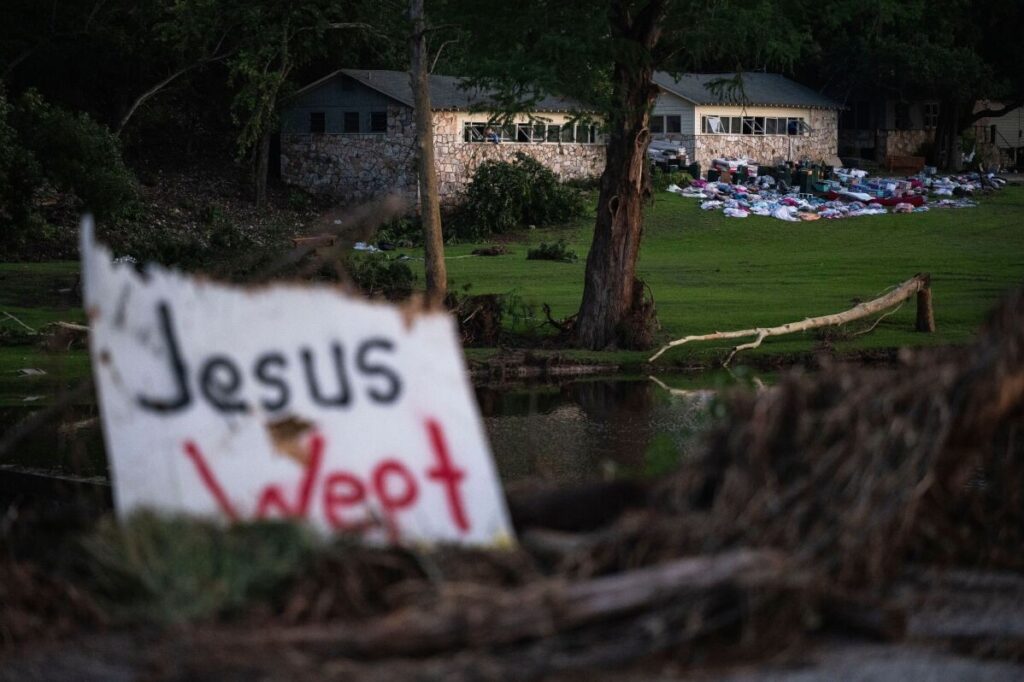Madagascar’s Nighttime Curfew Exposes Deeper Failures in Governance and Basic Services
As Madagascar enforces a strict curfew to quell violent protests over water and power outages, the unrest spotlights government failures that threaten stability and economic progress.

Madagascar is once again under a nighttime curfew after widespread protests erupted over persistent power and water shortages, escalating into violent clashes with police. This unfolding crisis goes beyond mere inconvenience—it reflects the consequences of systemic government mismanagement that directly undermines public welfare and fuels instability.
How Long Will Citizens Endure Basic Service Failures?
Hundreds of Malagasy citizens took to the streets in Antananarivo, blocking roads with burning tires and rocks—actions born from frustration over electricity blackouts lasting more than 12 hours daily. Such disruptions are not isolated complaints; they strike at the heart of national sovereignty by weakening economic productivity, harming small businesses, and driving citizens toward desperation.
The government’s heavy-handed response, deploying tear gas and rubber bullets, only exacerbates tensions. While maintaining order is essential, imposing a strict curfew from 7 p.m. to 5 a.m. without addressing root causes merely treats symptoms rather than solving the crisis. The recent arson attacks on cable car stations and targeted assaults on politicians’ homes underscore the depth of public anger—and signal a dangerous erosion of trust in leadership.
The True Cost of Infrastructure Neglect for American Interests
Why does this matter for America? Madagascar sits strategically in the Indian Ocean, a vital crossroads for global trade routes and geopolitical influence. Instability there threatens to open doors for rival powers hostile to American interests seeking footholds in Africa’s maritime domains. Furthermore, similar failures in infrastructure management within developing nations highlight what happens when governments prioritize political survival over delivering basic services—a cautionary tale for policymakers at home.
This crisis also exemplifies how unchecked governmental inefficiency jeopardizes economic liberty worldwide. For families already battling inflation globally, prolonged outages mean lost income and heightened vulnerability—conditions America must guard against both domestically and abroad by promoting accountable governance.
The young protesters’ cries—”Water and electricity are basic human needs,” “Malagasy people, wake up”—resonate as universal demands for dignity through reliable infrastructure. Yet instead of empowering citizens with effective solutions, officials respond with curfews and crackdowns that ignore critical reforms needed to safeguard national prosperity.
The question remains: How long will global leaders tolerate governments failing their people while allowing instability to spread? And here at home, how long before America redoubles its commitment to supporting allies who champion accountable governance aligned with freedom and economic opportunity?
